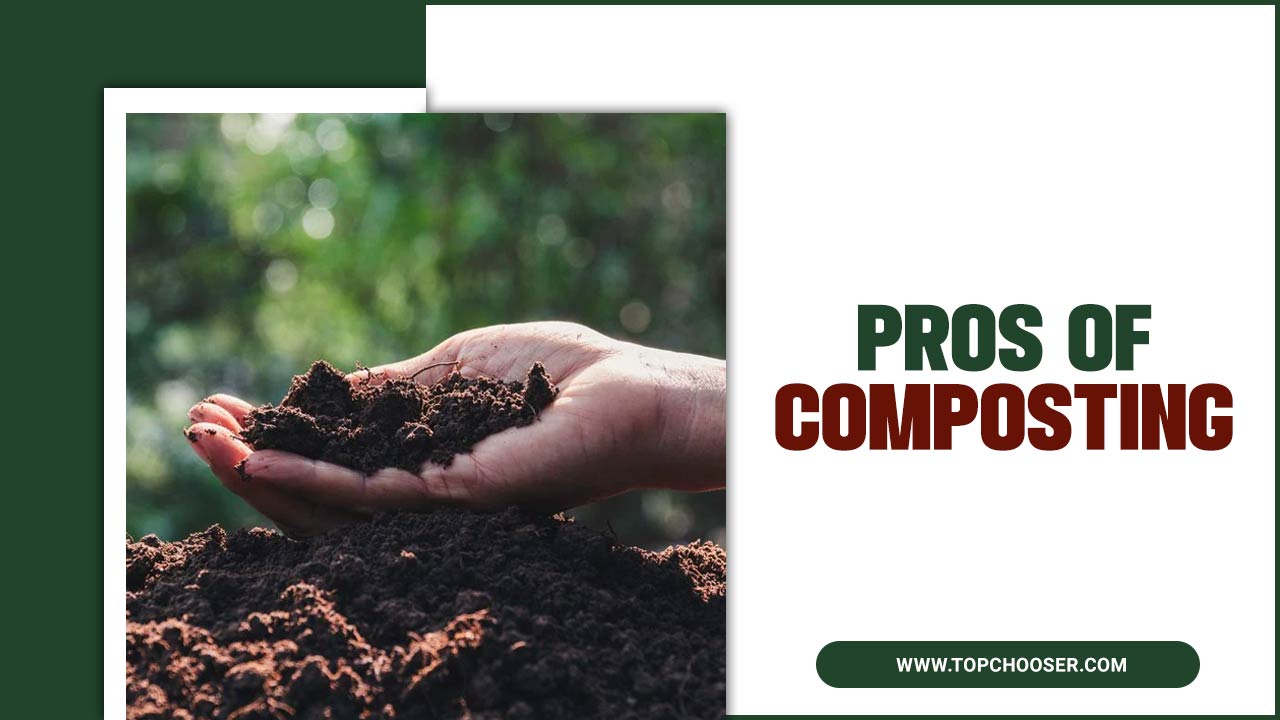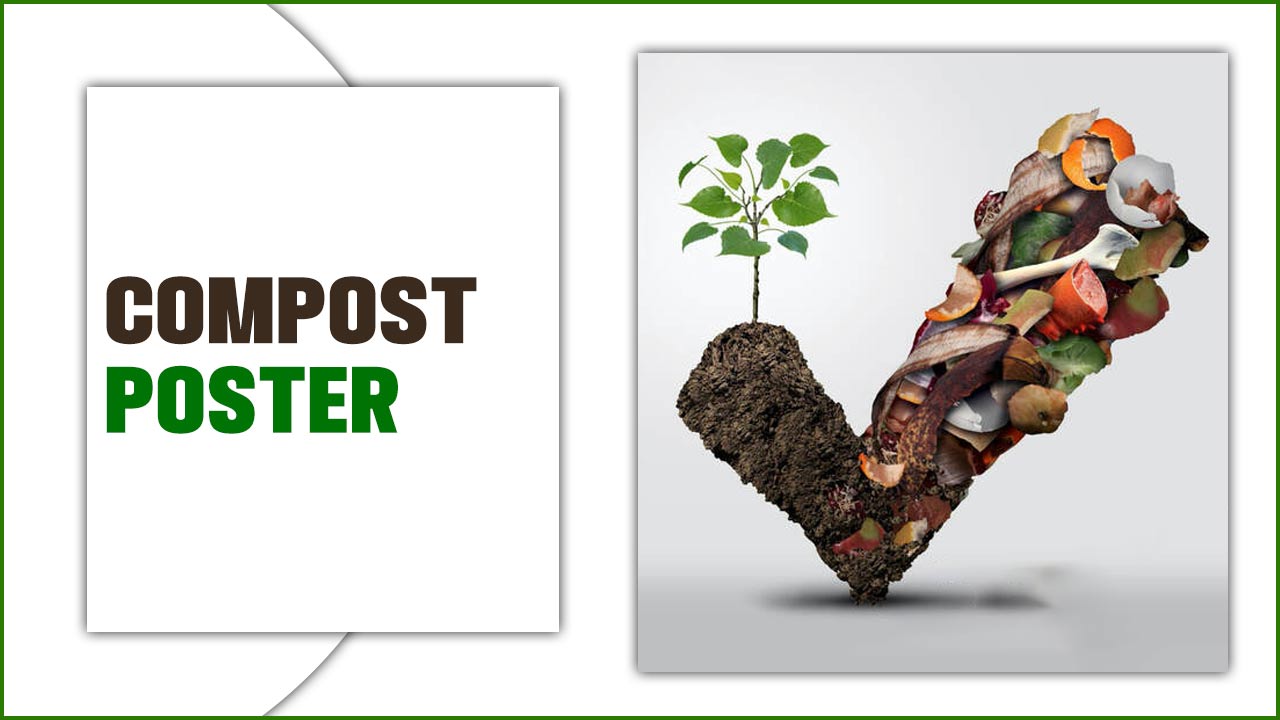Composting is an effective way to manage food waste and contribute to a healthier planet. Food waste is becoming an increasingly significant problem worldwide, with approximately one-third of all food produced globally being wasted yearly.
This waste results in environmental, financial, and social impacts. Composting food waste benefits provides various, including reducing greenhouse gas emissions, improving soil structure and health, and saving money on fertilizer costs. Here will explore the environmental, financial, and gardening benefits of composting food waste and provide tips and tricks to help you get started.
By composting food waste, you can help reduce the amount of waste in landfills, which can produce harmful methane gas and contribute to climate change. Additionally, composting creates a nutrient-rich soil amendment that can improve soil health in gardens, lawns, and other landscaping areas.
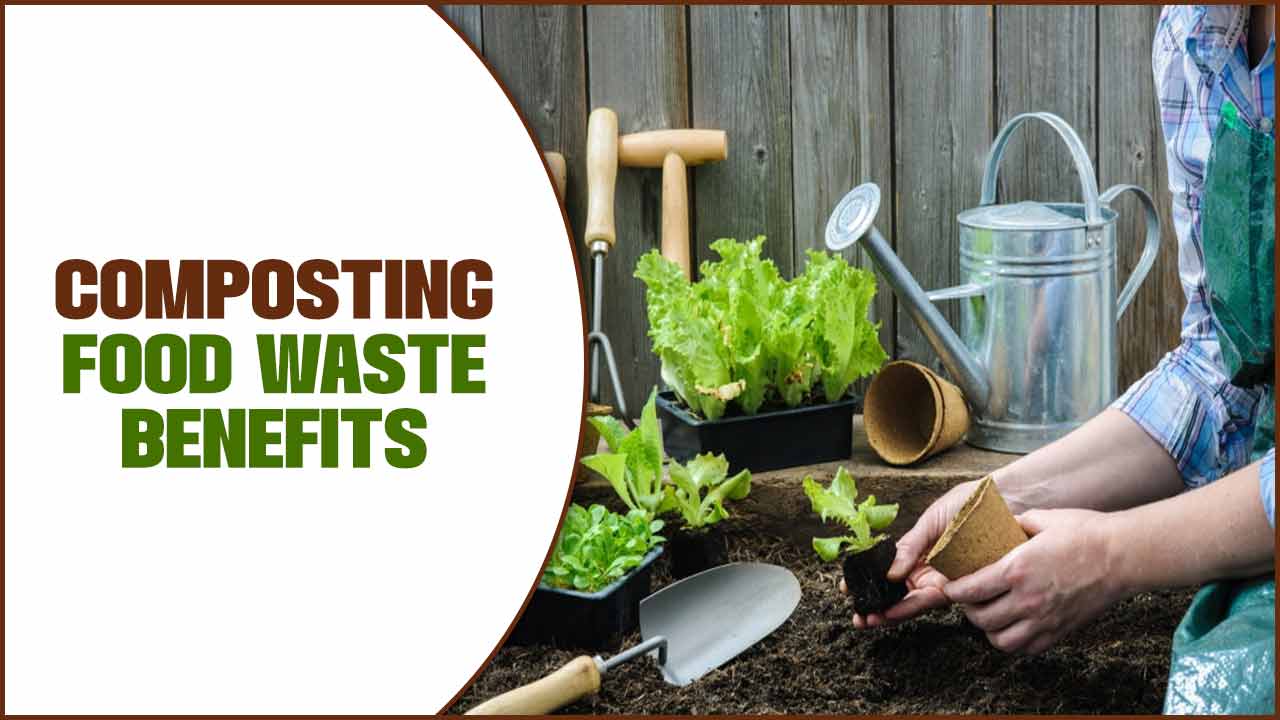
Why Composting Food Waste Is Important
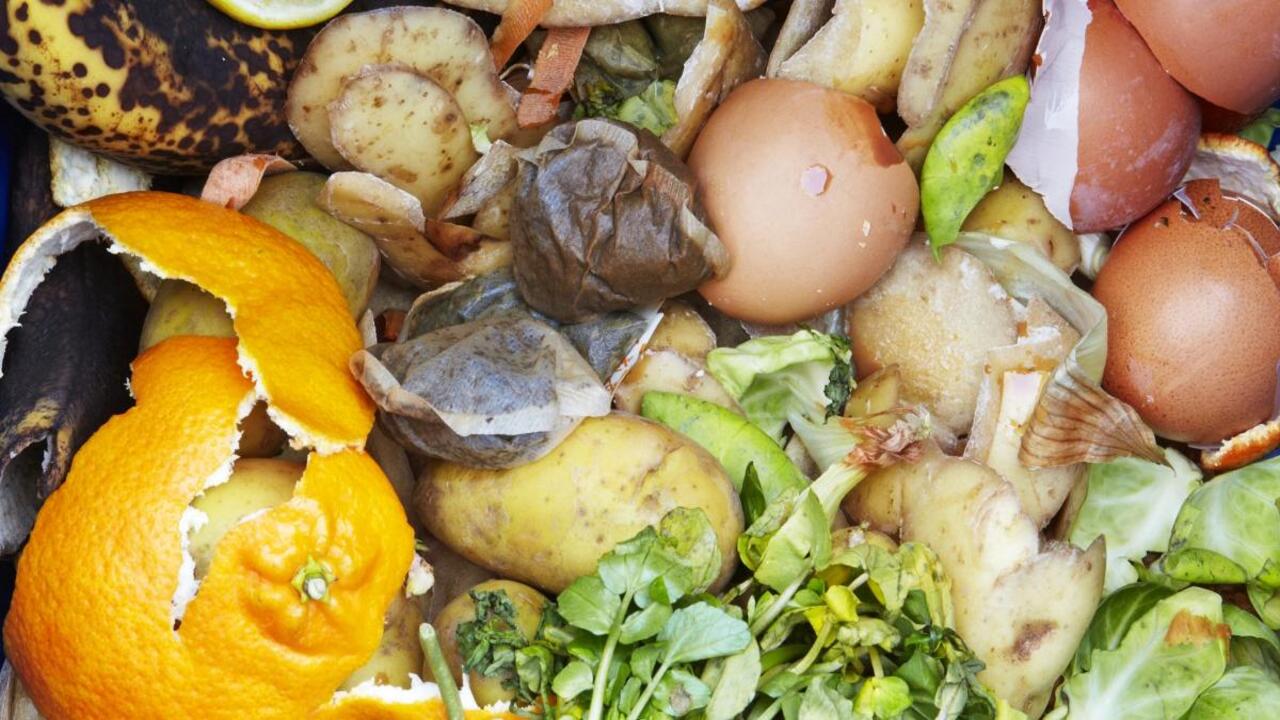
Composting food waste is an essential practice that helps to reduce greenhouse gas emissions, conserve landfill space, and improve soil health. Food waste is one of the biggest contributors to greenhouse gas emissions, especially when it ends up in landfills.
As food decomposes, it releases methane, a potent greenhouse gas that is about 25 times more damaging than carbon dioxide. By composting food waste, we divert it from landfills and turn it into a valuable resource for growing healthy plants.
Composting also helps to reduce the amount of space needed for landfill, which is becoming increasingly scarce. Additionally, compost can improve soil health by adding essential nutrients and organic matter, which helps retain moisture and promotes healthy plant growth.
The 5 Composting Food Waste Benefits Environmental, Financial, Gardening
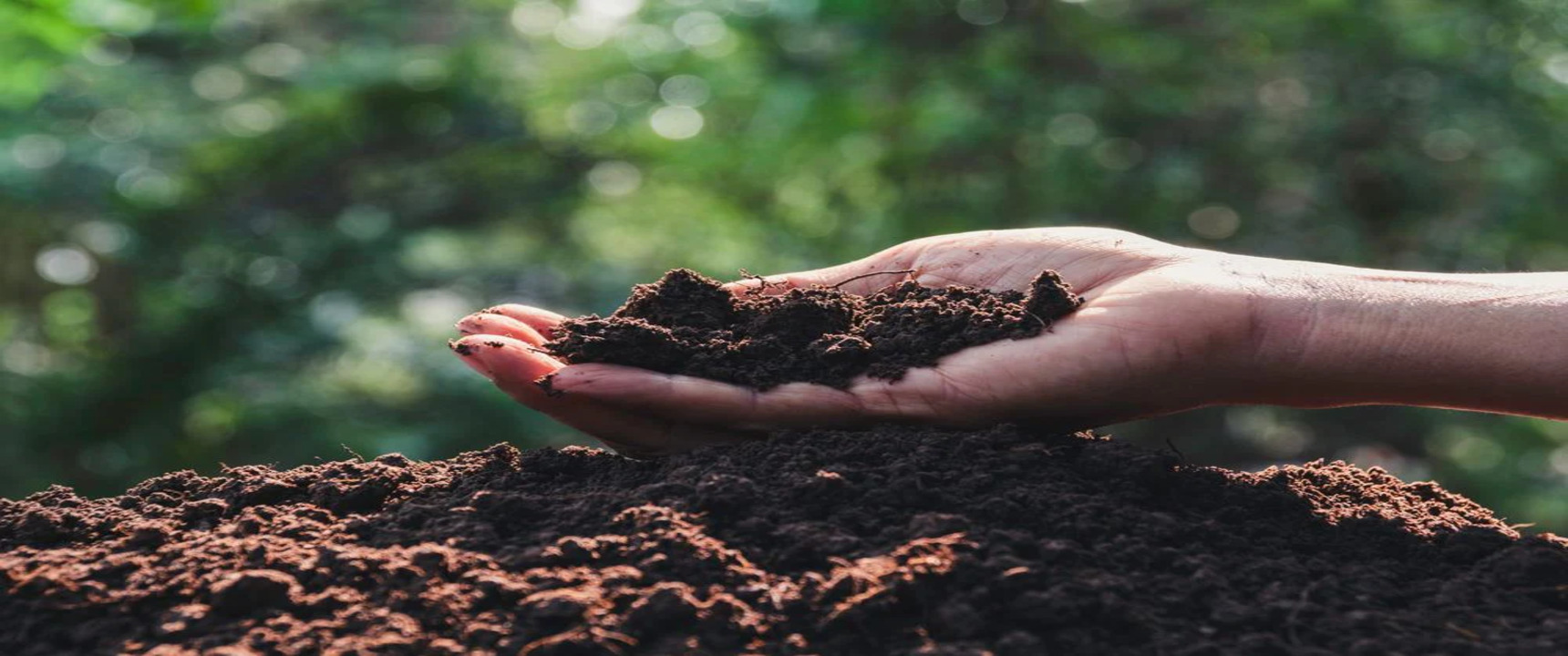
Composting food waste benefits is important for several reasons. Firstly, it reduces the amount of waste sent to landfills, minimizing methane emissions and helping combat climate change.
Secondly, compost enriches the soil, improving its structure and fertility, leading to healthier plants and increased crop yields. Lastly, it promotes sustainable practices and a circular economy, closing the loop on organic waste and promoting a greener future. Here are:
1. Environmental Benefits
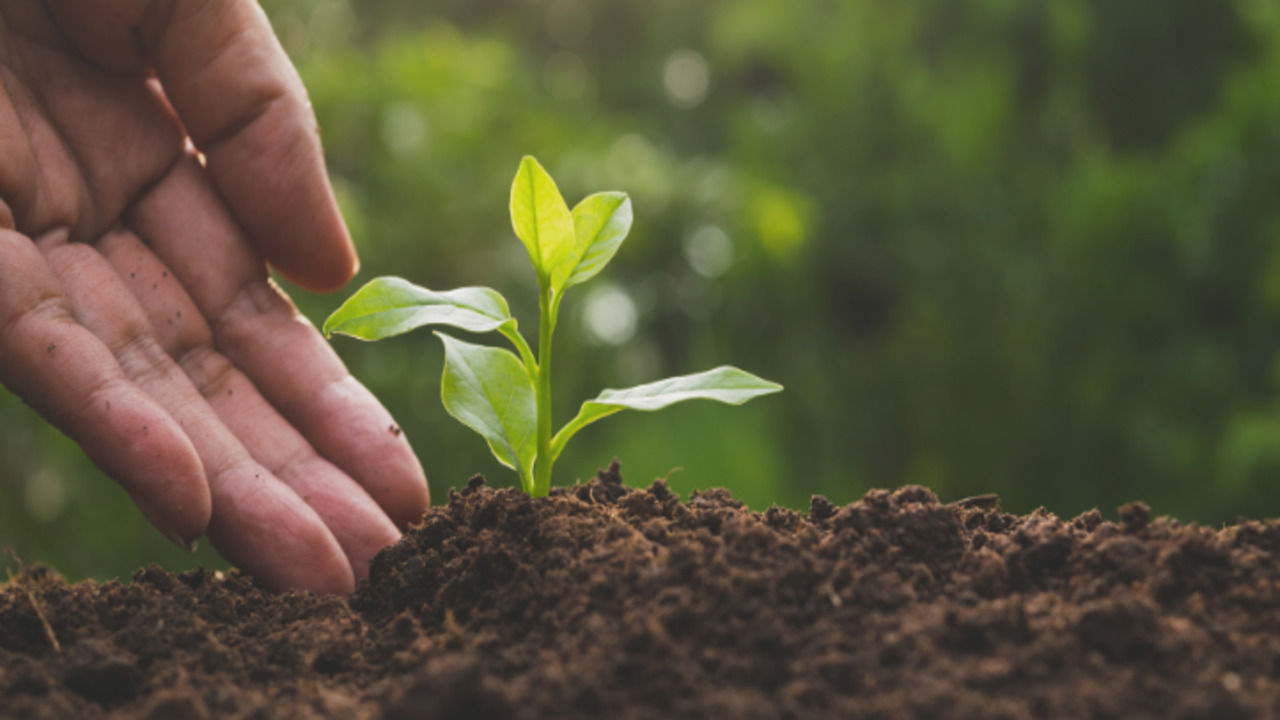
Composting food waste offers numerous environmental benefits. First and foremost, it reduces the waste sent to landfills, which helps decrease the release of methane, a potent greenhouse gas contributing to climate change. We can significantly lower greenhouse gas emissions by diverting food waste to composting.
Additionally, composting enriches soil health by providing essential nutrients and improving its structure, leading to better water retention and reducing the need for chemical fertilizers.
This promotes sustainable agriculture and helps preserve biodiversity. Composting also reduces the demand for landfill space and decreases the energy required for waste transportation and disposal. Overall, embracing composting as a waste management strategy can contribute to a more sustainable and resilient environment.
2. Financial Benefits
Composting food waste offers several financial benefits. Firstly, it reduces waste disposal costs. Food waste comprises a significant portion of municipal solid waste, and by diverting it to composting facilities, businesses and municipalities can save on landfill fees and transportation expenses.
Additionally, composting generates nutrient-rich organic material that can be used as a natural fertilizer. By utilizing this compost in landscaping, agriculture, or gardening, businesses can reduce or eliminate the need for costly synthetic fertilizers. Composting promotes soil health and improves water retention, reducing irrigation needs and related costs.
Moreover, some regions offer financial incentives, such as tax credits or grants, to encourage food waste composting, providing an extra boost to organizations’ budgets. Overall, composting food waste presents an opportunity for cost savings and revenue generation while supporting sustainable waste management practices.
3. Gardening Benefits

Composting food waste offers numerous benefits to gardening enthusiasts. Firstly, it reduces the amount of organic waste sent to landfills, minimizing methane emissions and supporting environmental sustainability. Compost acts as a nutrient-rich soil amendment, enhancing soil structure, fertility, and water-holding capacity.
It improves plant growth and boosts the yield of fruits, vegetables, and flowers. Composting also promotes beneficial microbial activity in the soil, aiding in disease prevention and pest control.
Additionally, it encourages biodiversity by attracting earthworms, insects, and other beneficial organisms. Compost helps conserve water by improving soil moisture retention, reducing the need for irrigation. By composting food waste, gardeners can contribute to a circular economy and create a healthier, more vibrant garden ecosystem.
4. Community Engagement
Community engagement in composting food waste offers numerous benefits. Firstly, it reduces the amount of waste sent to landfills, minimizing methane emissions and environmental degradation. Composting also produces nutrient-rich soil that can enhance local gardens and agricultural practices, fostering a sustainable food system.
Moreover, community composting initiatives encourage social interaction and cooperation, creating a sense of belonging and unity. These projects can serve as educational platforms, raising awareness about waste management and promoting sustainable behaviours.
By involving residents in composting, communities can empower individuals to take action and contribute to a greener future. Community engagement in composting food waste improves environmental outcomes and cultivates social cohesion, knowledge sharing, and a sense of environmental responsibility.
5. Circular Economy

Composting food waste in a Circular Economy offers numerous benefits. Firstly, it diverts organic waste from landfills, reducing methane emissions and the associated environmental impact.
Composting transforms food waste into nutrient-rich compost, enhancing soil fertility, increasing agricultural yields, and reducing the need for chemical fertilizers. This practice also promotes resource conservation by closing the nutrient loop, minimizing the need for virgin resources.
Furthermore, composting food waste can create local employment opportunities in waste management and compost production. Overall, embracing composting within a Circular Economy framework mitigates environmental concerns and contributes to sustainable agriculture and local economic development.
Benefits Of Composting Food Waste
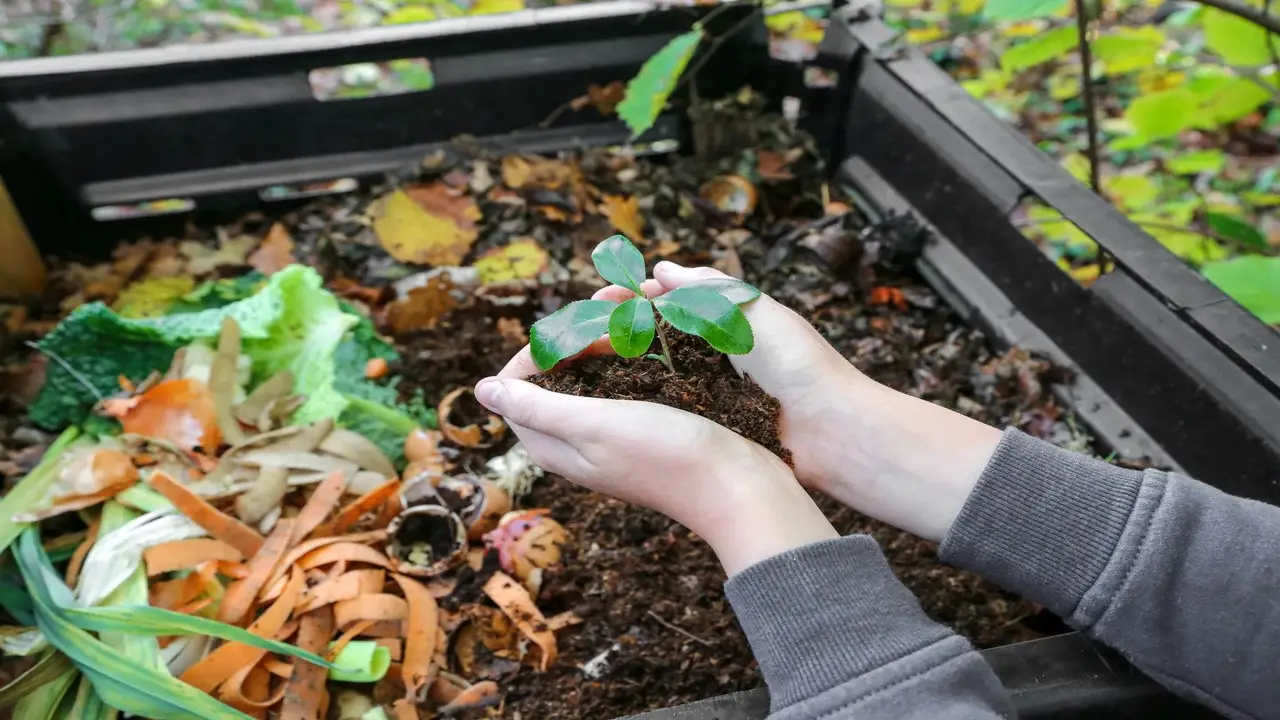
Composting is an eco-friendly practice that can help reduce waste and benefit the environment. One of the main benefits of composting is the reduction of food waste in landfills. When food waste is disposed of in landfills, it produces methane gas, a potent greenhouse gas contributing to climate change.
Composting helps to divert this waste from landfills and instead turn it into nutrient-rich soil that can be used to fertilize gardens and crops. This leads to the second benefit of composting, which is the improvement of soil health. Compost helps improve soil structure, water retention, and aeration, leading to healthier plants with better yields.
Future Of Composting And Food Waste Reduction
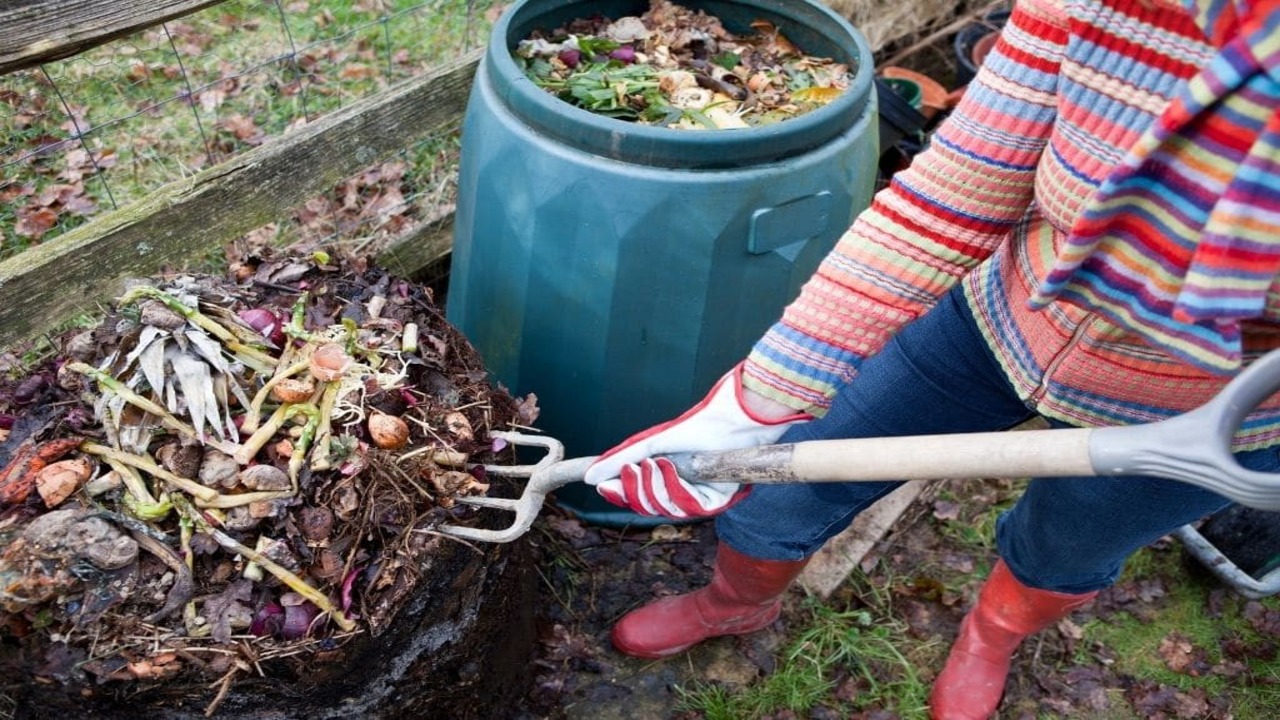
The future of composting and food waste reduction is looking bright. With the increasing awareness about the environmental impact of food waste, more and more individuals and organizations are taking steps to reduce their waste and divert it from landfills.
Composting is one of the most effective ways to do this. It allows food scraps and other organic materials to be transformed into nutrient-rich soil that can be used to grow new plants and crops.
In addition to reducing waste, composting helps reduce greenhouse gas emissions and conserve water resources. Many initiatives and programs are being developed at the local, national, and international levels to support the future of composting and food waste reduction.
Troubleshooting Common Composting Issues
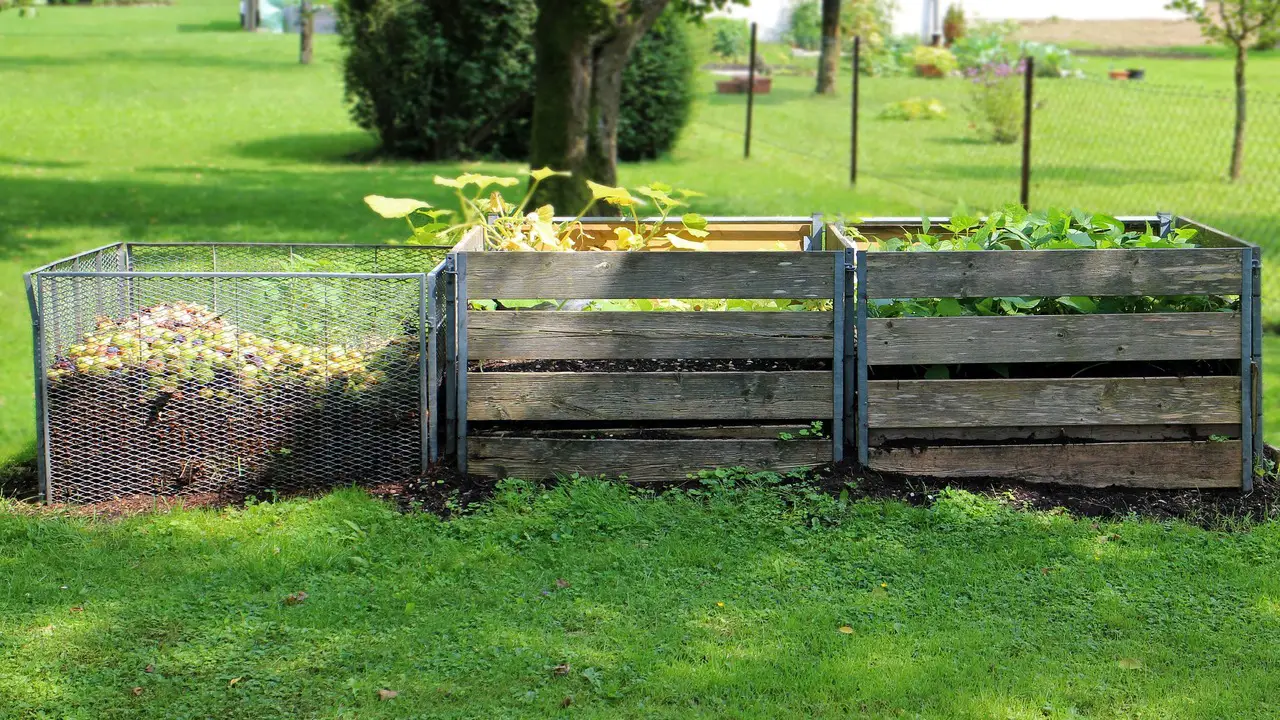
Composting reduces waste and creates nutrient-rich soil, but it can come with its fair share of challenges. Troubleshooting common composting issues can help you maintain a healthy and productive compost pile. One of the most common issues is a smelly compost pile. This usually occurs when the pile has too much moisture or is not getting enough air.
To fix this issue, add more dry materials like leaves or newspaper to balance the moisture level and turn the pile regularly to introduce more oxygen. Another issue is a slow or inactive compost pile. This can be caused by a lack of nitrogen-rich materials necessary to feed the microorganisms that break down the organic matter.
Conclusion
Composting your food waste isn’t just good for the environment, your wallet, and your garden. By diverting food waste from landfills, you reduce harmful emissions and create nutrient-rich soil for your plants.
Plus, you’re saving money on trash disposal fees and potentially reducing your grocery bill by growing your produce. So why not give composting a try and see the benefits for yourself? Your wallet, your garden, and the planet will thank you.
Composting food waste benefits scraps creates nutrient-rich soil that will help your plants grow and thrive while reducing your grocery bill by growing your produce. Additionally, you are reducing harmful emissions released into the atmosphere by diverting food waste from landfills. Not to mention, you are also saving money on trash disposal fees.
FAQ
[rank_math_rich_snippet id=”s-011e913d-d078-4065-9ab5-96fe8632c5a3″]

I am passionate about home engineering. I specialize in designing, installing, and maintaining heating, ventilation, and air conditioning systems. My goal is to help people stay comfortable in their homes all year long.



